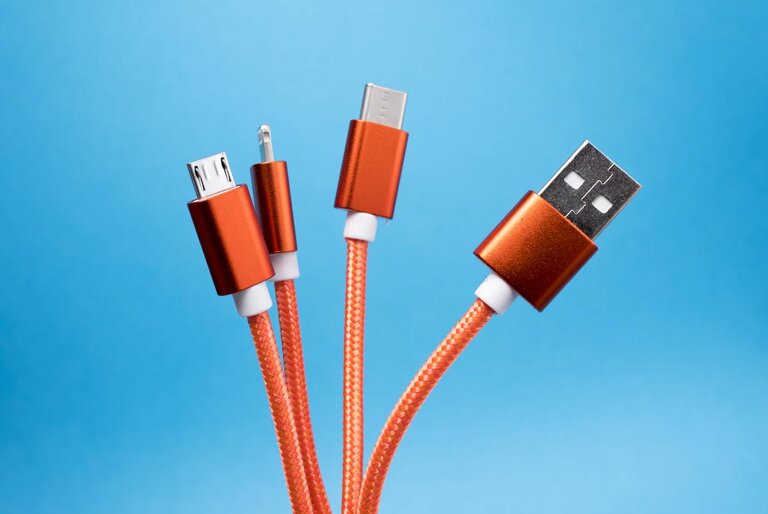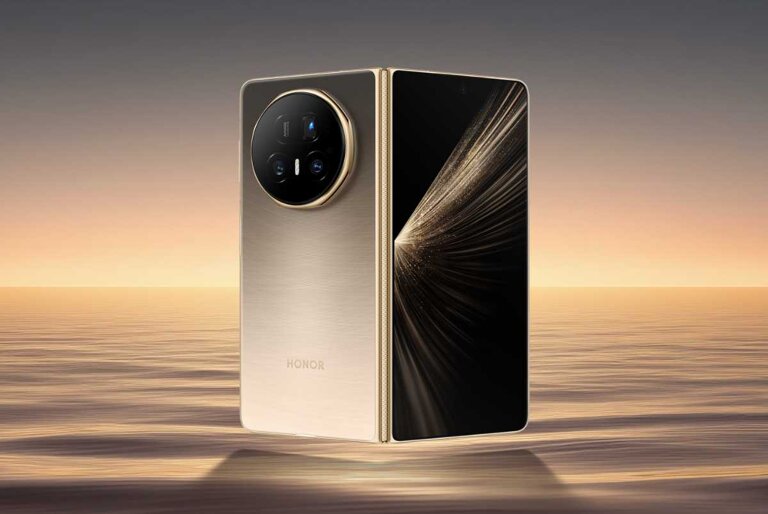The Federal Bureau of Investigation (FBI) in the United States has issued a warning to consumers against using USB ports for charging in public spaces like airports, malls, and hotels due to the risk of “juice jacking” data theft.
This warning applies not only to Americans but to people all over the world who use public charging stations. “Juice jacking” happens when attackers embed malware into charging stations and activate data transfer through USB cables to infect connected devices. Once the malware has access to a device, it can steal sensitive information, such as bank account details or credit card credentials.
Sean Duca, the Vice President and Regional Chief Security Officer for Asia Pacific & Japan at Palo Alto Network, advises users to be cautious and think before clicking “allow” on any permission requests from mobile apps. Many mobile apps request access to a user’s data on a device, which users tend to grant without considering the risks. Public charging stations also carry the threat of malware infection and data theft, similar to the dangers of public Wi-Fi networks.
In the Philippines, public charging stations are provided in public establishments as emergency assistance to consumers, and the risk of a “juice jack” attack exists everywhere people plug their devices into untrusted ports.
It’s essential to be aware of the risk and take precautions to protect personal information. Users should always remember that nothing is free, and trusting public charging kiosks with their smartphones carries a significant risk of personal information being downloaded and stolen without their consent.
Image: Lucian Alexe (Unsplash)








